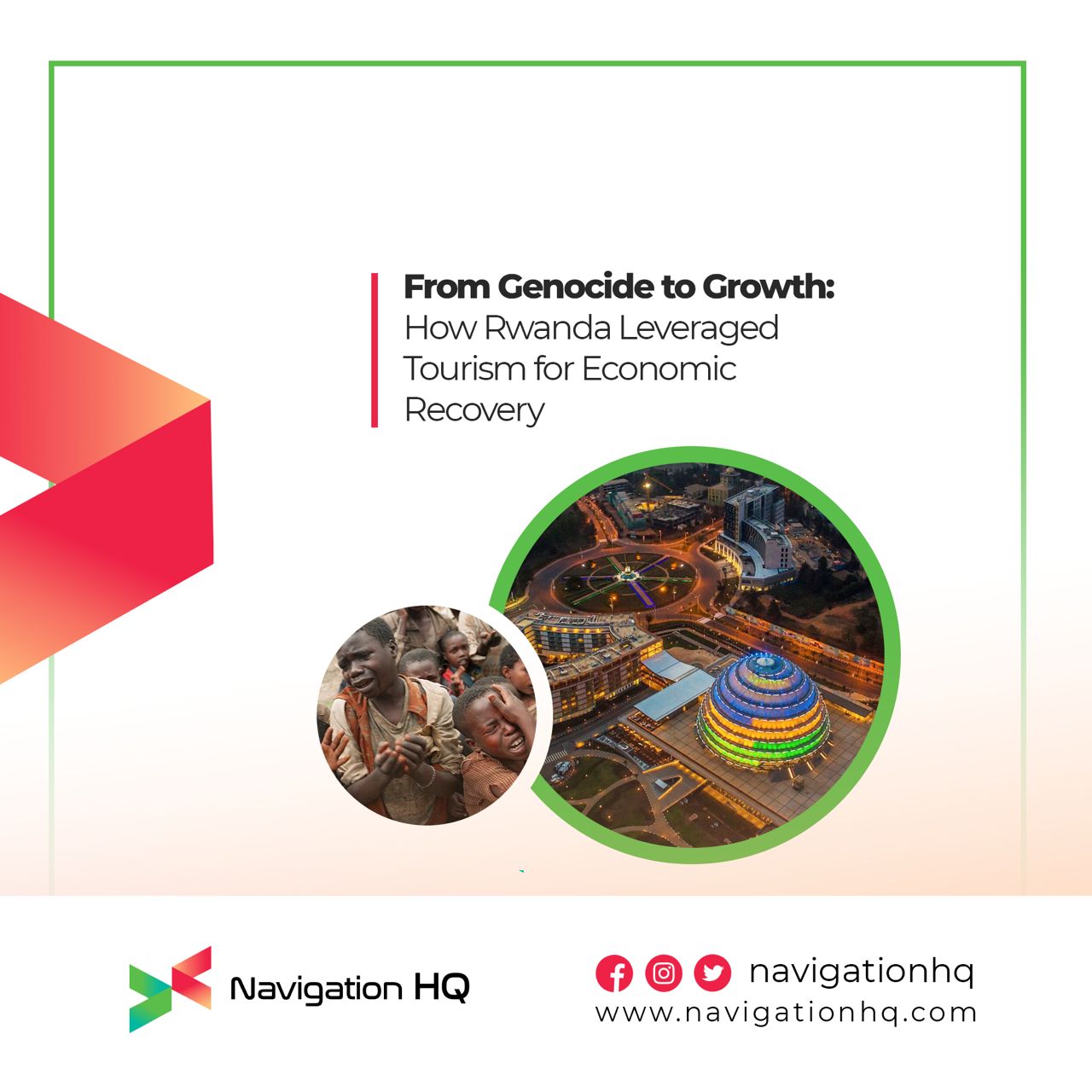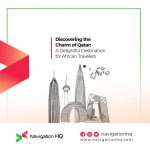Rwanda has undergone a remarkable transformation in the aftermath of one of the darkest chapters in its history – the genocide in 1994. The genocide left the small East African nation shattered, with a devastated economy and deeply scarred communities. However, through visionary leadership and strategic planning, Rwanda has managed to leverage tourism as a key driver for economic recovery and growth.
Rwanda adopted a long-term vision focused on reconstruction, reconciliation, and economic development. The government, under the leadership of President Paul Kagame, recognized the potential of tourism as a catalyst for change and initiated efforts to transform the country into a leading tourism destination.
Through collaborations and partnerships with international organizations and private stakeholders, including the World Bank and the United Nations World Tourism Organization, Rwanda has been able to promote tourism and attract investments that have bolstered tourism in the country. The country has successfully strategically positioned itself as a destination for ecotourism, wildlife safaris, and cultural experiences, offering unique and transformative journeys to visitors.
Development of Infrastructure and Attractions
Rwanda’s natural beauty and cultural heritage make it an ideal destination for tourism. It’s stunning landscapes, including the Virunga Mountains and the Volcanoes National Park, home to the critically endangered mountain gorillas, have become iconic attractions. The country showed outstanding commitment to conservation and wildlife protection, and this has been instrumental in attracting tourists.
Major upgrades were then done to the country’s infrastructure, knowing that modern infrastructure is important to support the tourism industry. Rwanda made significant investments in developing transportation networks, including airports and roads. The country’s main airport, Kigali International Airport, underwent major upgrades, enabling smoother travel experiences. Heavy investments were also made in the construction of world-class hotels and resorts, ensuring that tourists have access to comfortable accommodations and amenities.
Outside of the obvious sectors of the country that needs work to be done to enable a growing tourist industry, the Rwandan government has made a point to focus on community involvement and empowerment. The government has actively engaged local communities in tourism activities, enabling them to participate in revenue generation and benefit directly from the industry. Through community-based tourism initiatives, visitors have the opportunity to engage with local communities, experience their culture, and contribute to their economic development. This inclusive approach ensures that the benefits of tourism are distributed more equitably across the country.
Impact the Tourism Industry Has Had on Rwanda
Rwanda’s tourism sector has witnessed significant growth and success since the post-genocide era. The number of international tourist arrivals has steadily increased, and the revenue generated from tourism has become a vital contributor to the country’s economy. Rwanda’s success in positioning itself as a premier ecotourism and wildlife destination has attracted visitors from around the world.
Looking ahead, Rwanda aims to diversify its tourism offerings, expand into new markets, and strengthen sustainable tourism practices. The country’s commitment to responsible tourism ensures that growth is balanced with environmental conservation and community development.
The positive impacts of tourism extend beyond economic growth. The sector has played a pivotal role in poverty reduction, providing employment opportunities for local communities and improving livelihoods. As tourism grows, it stimulates other sectors, such as hospitality, transportation, and handicrafts, creating a ripple effect throughout the economy. The revenue generated from tourism has also been reinvested in social programs, improving healthcare facilities, education systems, and infrastructure in local communities.
Rwanda’s transformation from the shadows of genocide to a thriving tourism destination is a testament to the power of visionary leadership, strategic planning, and the resilience of its people. By leveraging its natural and cultural assets, investing in infrastructure, promoting sustainable practices, and involving local communities, Rwanda has harnessed the potential of tourism for economic recovery and growth. The country’s remarkable journey serves as an inspiration and a valuable lesson for other nations seeking to rebuild and transform their economies through tourism.





Your point of view caught my eye and was very interesting. Thanks. I have a question for you.